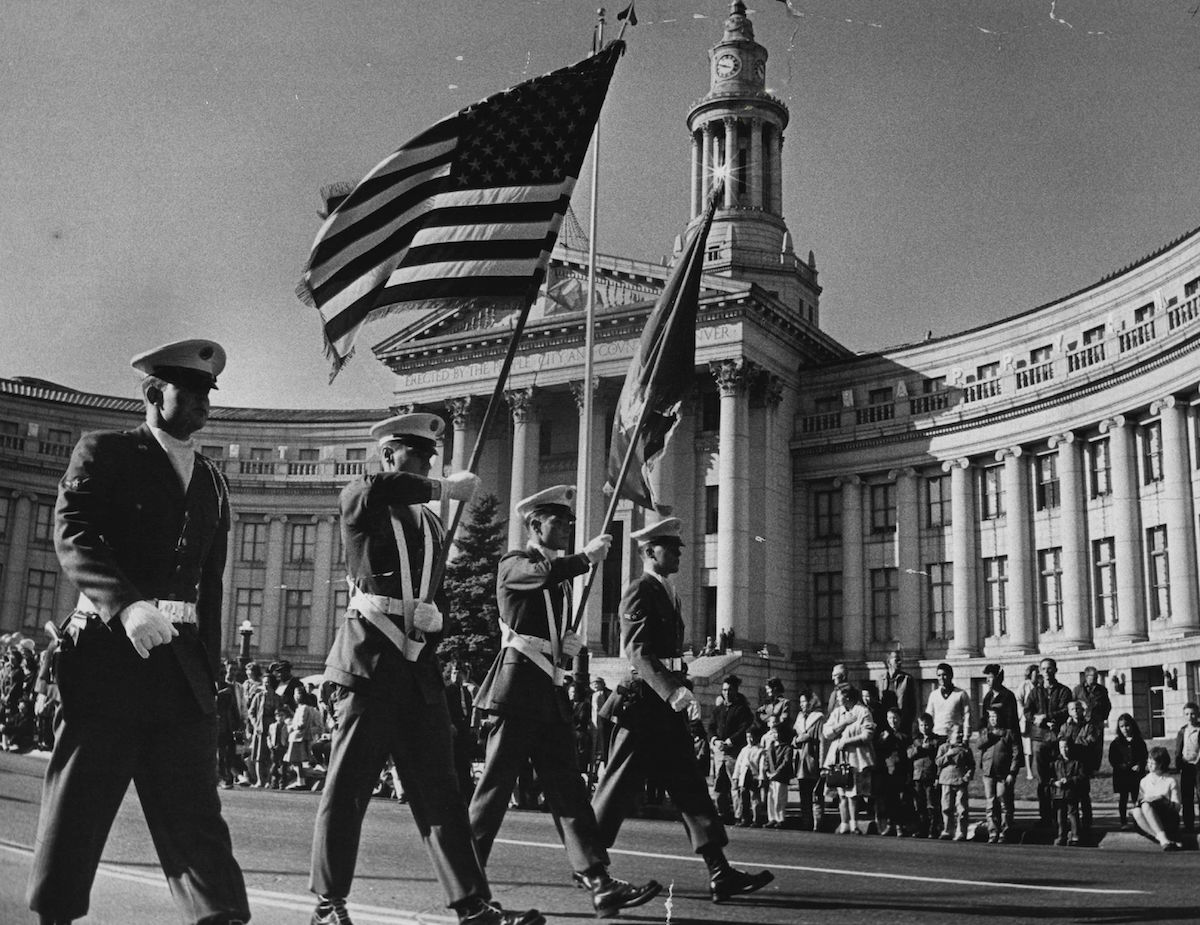
As Americans mark Veterans Day on Friday, some citizens may remember when that day was called something totally different: Armistice Day.
Within a few years of the end of World War I, TIME has explained, Congress decided to commemorate the Nov. 11, 1918, armistice that brought the end of that war with an annual celebration of the peace and those who had fought for it. Armistice Day became a national holiday in the 1930s.
But by 1954, Congress officially changed the name of the day to Veterans Day. What happened in between?
In 1982, President Ronald Reagan explained why the old label for the day had ceased to be applicable:
…I may be one of the few people in this room who remembers when Veterans Day was called Armistice Day, commemorating the armistice that ended the First World War on the 11th hour of the 11th day of the 11th month of the year in 1918. And I might add, I not only remember when it was called that day, I guess we may be the only ones that were on the streets in the wild celebration of the first and actual Armistice Day when it was signed.
Armistice Day honored those who gave their lives in “the war to end all wars”— a day of hope that they had not given their lives in vain. But within a few years, and in spite of an impressive effort on the part of the Western democracies to limit arms and to outlaw war, aggressors rearmed and war came again. Ironically, Armistice Day was made a legal holiday in the United States in 1938, just 1 year before a second and more terrible conflagration swept across Europe.
The occasion for Reagan’s remarks was the presentation of the Presidential Citizens Medal to Raymond Weeks, in recognition of Weeks’ work to honor American veterans. In 1947, Weeks had organized a parade and a Veterans Day in Birmingham, Ala.; that event is recognized by the Department of Veterans Affairs as the first usage of the phrase “Veterans Day.”
Get your history fix in one place: sign up for the weekly TIME History newsletter
But Reagan didn’t just explain why it was no longer appropriate for Nov. 11 to be Armistice Day. He also explained why it’s good for a nation to have a Veterans Day instead, with a quote he traced to President Coolidge: “The Nation which forgets its defenders will be itself forgotten.”
More Must-Reads From TIME
- The 100 Most Influential People of 2024
- Coco Gauff Is Playing for Herself Now
- Scenes From Pro-Palestinian Encampments Across U.S. Universities
- 6 Compliments That Land Every Time
- If You're Dating Right Now , You're Brave: Column
- The AI That Could Heal a Divided Internet
- Fallout Is a Brilliant Model for the Future of Video Game Adaptations
- Want Weekly Recs on What to Watch, Read, and More? Sign Up for Worth Your Time
Write to Lily Rothman at lily.rothman@time.com